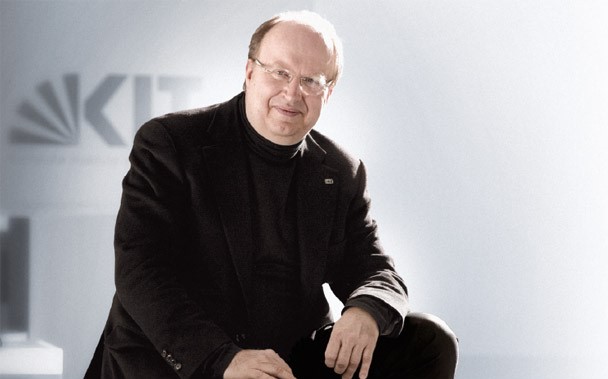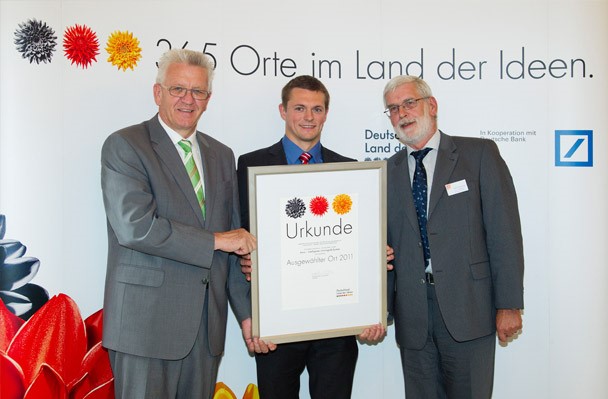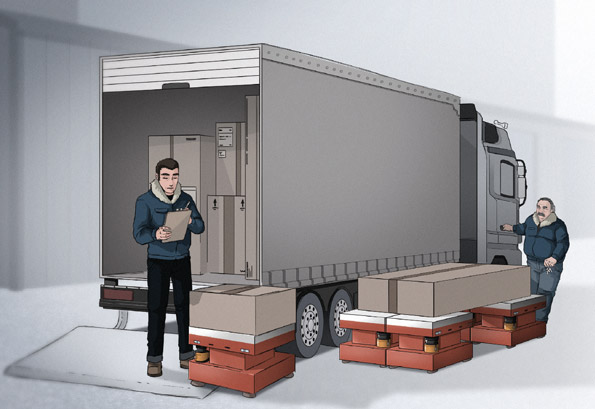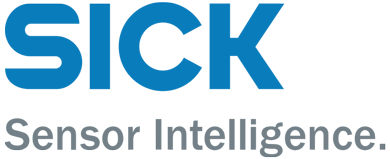For Professor Kai Furmans, the word swarm intelligence has an important double meaning: On the one hand, he and his team are developing intelligent logistics modules that work cooperatively along the lines of a swarm of bees. On the other hand, he is working with a "swarm" of entrepreneurs and scientists to make the logistics modules developed at KIT the future concept for warehouses, factories, and consumers. The basis for both is optimized teamwork.
Furmans' "small-scale, autonomous, redundant intralogistics system" (KARIS) modules can combine to form a conveyor belt, form a production line, and perform individual picking tasks. The special feature is that the modules themselves decide on how to reach a destination: Which module transports which goods where? Which modules need to combine to get larger goods to their destination? "At its core, the self-organization of KARIS modules enables a decentralized and very flexible flow of materials, for example in logistics centers or adaptable production factories," Furmans says. For this to work, the individual modules must communicate with each other without a central unit specifying the coordinates for routes and geometries for clusters, explains the industry-experienced logistics expert: "Practically like a team without a boss that constantly faces new challenges and functions perfectly."
"Innovation means asking the right question at the right time."
The KARIS modules, which are about one cubic meter in size, stand in stark contrast to the rigid systems that dominate logistics and production today. Hall-high racks and fixed goods-dependent production systems are the industry standard, but they do not meet the demands of dynamics: "They cannot adequately support companies that produce small quantities with a simultaneously high variety of products and have to deliver X variants of packaging and inserts to a large number of recipients. In combination with existing systems, KARIS can close this gap," says Wolfgang Bay, member of the Executive Board of SICK AG. The sensor technology company has 5,600 employees and focuses intensively on research and development, also in cooperation with KIT, says Bay: "Projects like KARIS create innovations and thus the basis for competitive products.
In addition to SICK and KIT, eleven other well-known companies and two universities are involved in the pre-competitive project. Awarded as one of the "365 Landmarks in the Land of Ideas Germany", KARIS is to take the step into real production or logistics environments in 2015.




